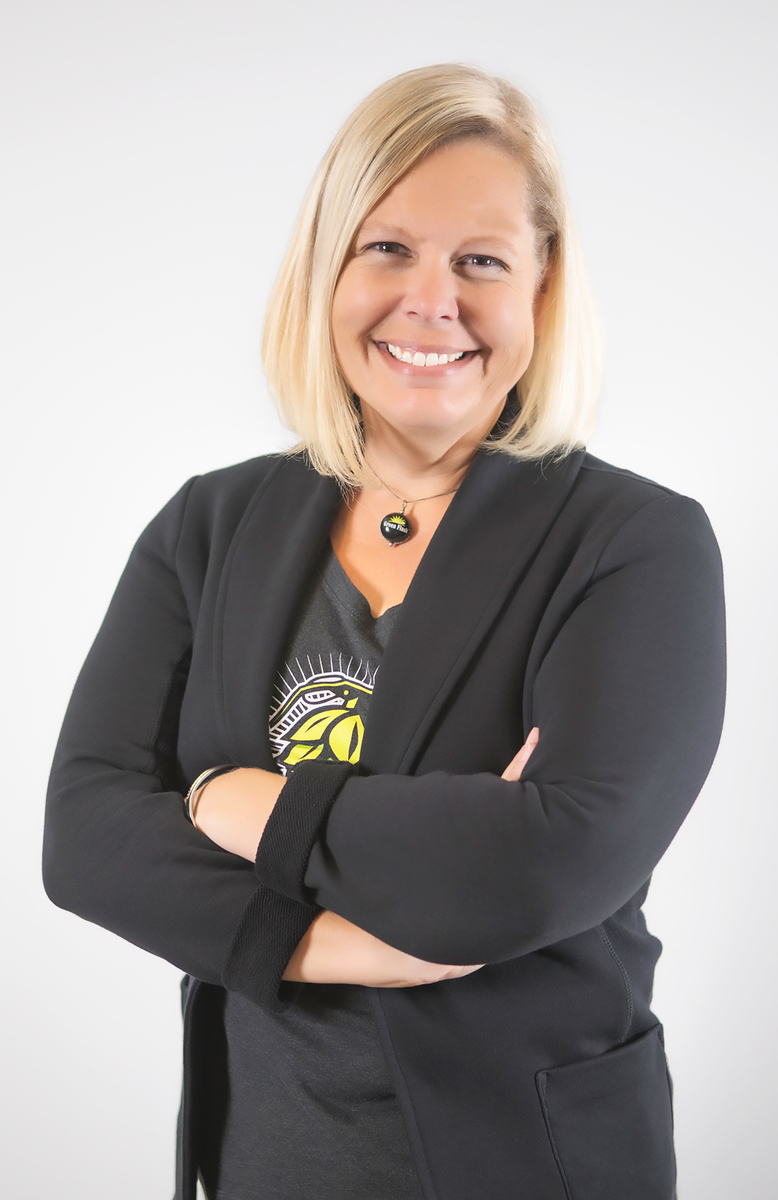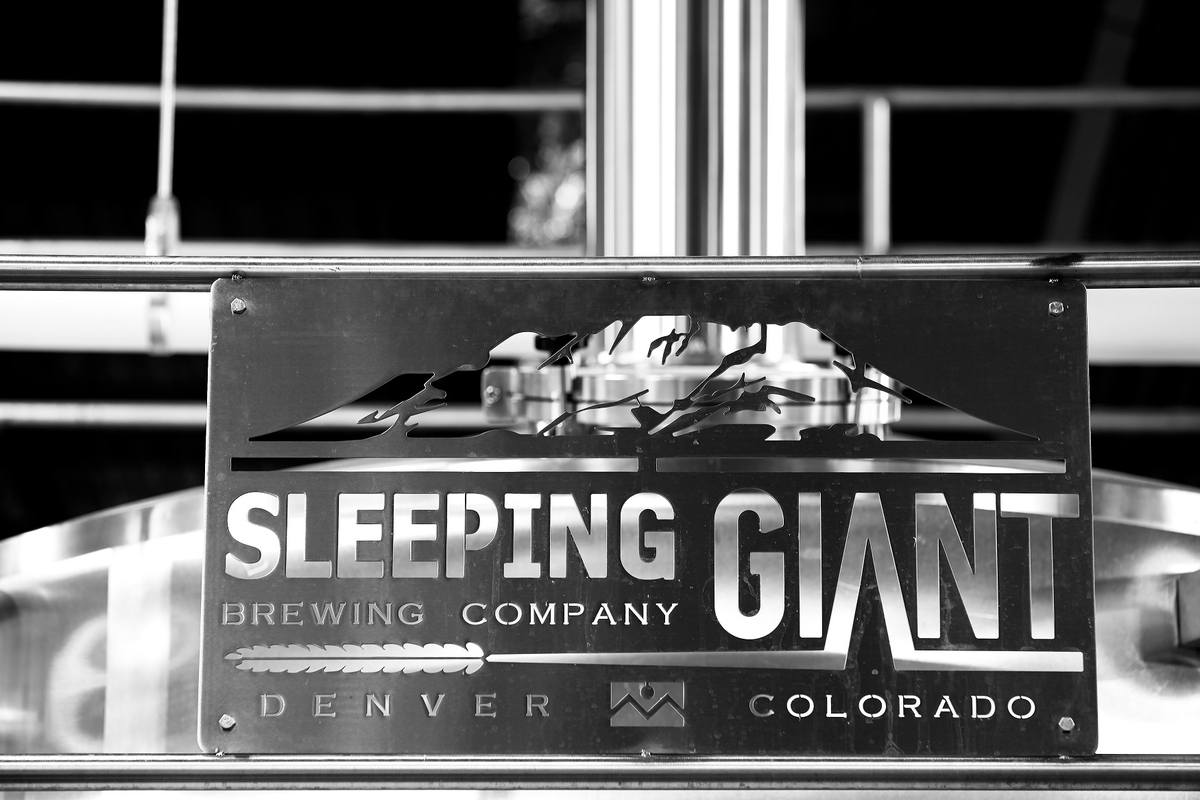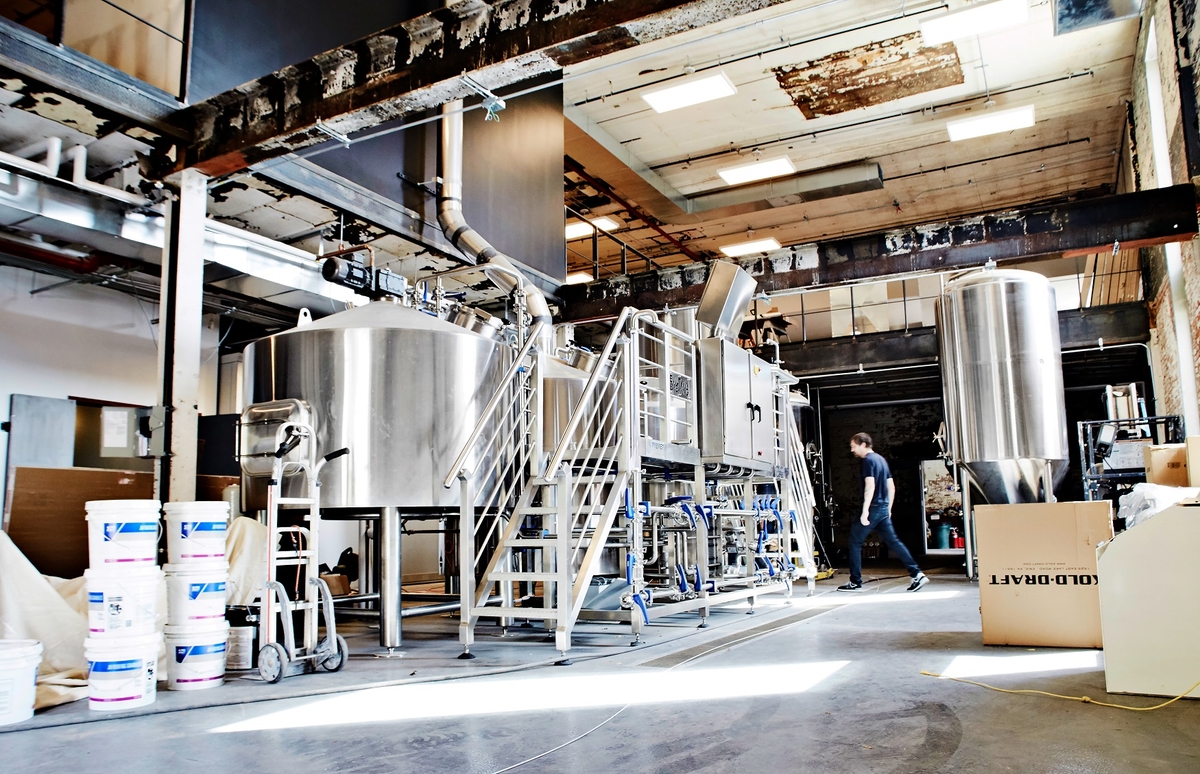As seen in Beer Connoisseur –
Sometimes the call to brew outstrips one’s means of production. In this case, there are two options: sign a contract or become a gypsy.
The benefits of gypsy brewing and contract brewing include the ability to make unique beers on different types of equipment with unique waters and different facilities. Contract brewing is defined as regularly brewing with another owner’s equipment. While contract brewers sometimes use their own ingredients and recipes, they can also use raw ingredients and barrels provided by a large brewer with excess capacity. Gypsy brewing involves brewing at different facilities every year, often on a nonstandard schedule. Both processes help new brewers avoid the multimillion dollar expense of building a facility or expanding an existing one.
Jeppe Jarnit-Bjergsø, founder of Evil Twin Brewing, which is coming to Queens, New York, has been a contract and gypsy brewer since 2010.
“I’ve done both since I started Evil Twin in Denmark. First we brewed at different smaller breweries in Denmark, at Lervig Aktiebryggerie in Norway, Cervesa del Monteseny (CCM) in Spain, and at Brouwerij de Molen in the Netherlands. The business grew faster and faster. I’ve worked with a lot of tiny European breweries, as well as a number of breweries here in the U.S., such as Westbrook Brewing in South Carolina, Two Roads Brewing Co. in Connecticut, and Dorchester Brewing Co. in Massachusetts. We’re brewing about 50 beers this year,” said Jarnit-Bjergsø.
Jarnit-Bjergsø said he distributes the beers where he feels they fit, as production prices at different facilities can vary wildly.
“Two Roads is very big, a 100-barrel system and not that flexible. Westbrook allows us to do whatever we want, although the prices are higher,” said Jarnit-Bjergsø.
Evil Twin will soon brew a new line of beers, “Evil Twin New York City,” at its own facility. Jarnit-Bjergsø said he will continue his gypsy brewing and contract brewing ways in Europe and the U.S. to keep up with high demand for Evil Twin’s offerings such as: Pappy’s Imperial Biscotti Break, Lost Souls and Soul Made IPA and Imperial Doughnut Break.
Candace L. Moon, a craft beer attorney in San Diego with the beer, wine and spirits practice group of Dinsmore & Shohl LLP, said contract brewing is a good way to test the waters for potential brewers.
“It will help you see if your beer has any legs in the market, which can help you get investors. Contract brewing can make it easier to take that next step to having a facility,” said Moon.

Candace L. Moon, a craft beer attorney in San Diego, believes that contract brewing is a good way to test the waters for potential brewers.
Photo Courtesy Candace L. Moon
Moon, who represents between 350 and 400 craft brewers, said only about 5 percent of her clients are contract brewers.
“I have no clients who are gypsy brewers at this time. Most people get into contract brewing because opening a facility is so expensive. For those who want contracts, the paperwork discusses renting space, sharing equipment, getting licenses and how much time the contract brewer will take,” said Moon.
Max Smith, one of the three cofounders of Nowhere in Particular (NIP), a gypsy brewery, said gypsy brewing can also involve contracts but also far less strenuous “times where we just call a buddy.”
“We do 30 to 100 barrel batches, which gives us a lot of opportunity to be creative. For example, in 2018, we’ll make a cherry limeade sour, a lemon meringue sour, a mimosa IPA, a red New England IPA, a pear Brut IPA, an Imperial Schwarzbier, an orange chocolate stout, and a German chocolate cake stout. We only make things once. We have brewed in Fort Collins, Colorado, Detroit, Michigan and Dayton and Monroe, Ohio,” said Smith.
Smith said gypsy brewing works for NIP because each of the partners lives in a different city, they all travel a fair amount, the business is scalable and the brewery saves on shipping.
“Gypsy brewing allows us to brew in cool and interesting areas and reach different markets, although we distribute all over,” said Smith.
Matt Osterman, founder of Sleeping Giant Brewing Company, a facility devoted to offering contract brewers a unique environment to create interesting beers in Denver, said brewers benefit by contracting with a facility that does not make its own beers.
“I think there’s an inherent conflict of interest if you brew with someone that has their own brands. The four things we offer our clients are excellent customer service, custom batch sizes, high quality and central geography,” said Osterman.
Sleeping Giant currently serves around 20 breweries and can brew produce about 75,000 barrels. The facility’s output mirrors the craft beer industry trends, producing mostly hoppy lagers and IPAs.
Osterman said it took a huge effort to start a contract facility.

Sleeping Giant Brewing Co. in Denver, Colorado is a unique facility that is devoted to offering space solely for contract brewing. Current tenant, Jason Shroyer of Überbrew, is using Sleeping Giant to brew more volume of its most popular beer, White Noise.
Photo Courtesy Sleeping Giant Brewing Co.
“You have to be bigger than all of the other breweries that might be your clients. We opened with a 30,000 barrel capacity. The majority of the brands that were our clients then are still our clients now. They’ve grown with us,” said Osterman.
Osterman said Sleeping Giant brews every type of “clean beer,” but not beers that contain wild yeast or souring bacteria.
“Those two things are very aggressive and invasive. We don’t want anything that could cause an infection in the brewery,” said Osterman.
Jason Shroyer, founder of Überbrew, a brewery based in Billings, Montana, started using Sleeping Giant to brew more volume of its most popular beer, White Noise, an American style white ale, and Canu Recreation Ale, an American cream ale.
“We also have a brewing facility up here where we make all the beers. It has an extremely small square footage. By doing contract brewing with Sleeping Giant, we were able to keep variety in-house for customers up here,” said Shroyer.
Shroyer said the smooth, pleasant quality of Denver water also made Sleeping Giant an easy choice.
“Montana has harder water, which lends itself to hoppier, stronger beers,” said Shroyer.
Eric Zarkovich, cofounder of Good River Beer, a Denver-based brewery, said his company produces all its beer through contract brewing to save on up-front capital costs.
“Eventually we want to have our own production facility where we produce our own beer and contract out to make other beer. We make approachable beers with a high alcohol content, like our American, an authentic Pilsner, and Fu Fighter, our Belgian Golden Ale. We separate out the brewing between two facilities because of different volume requirements,” said Zarkovich.
Zarkovich said contract brewing is the right choice for his company because it helps them build the Good River beer brand in an efficient and effective way.
“Not running a high-end facility makes it easy for us to focus on the brand,” said Zarkovich.

Evil Twin will soon brew a new line of beers, “Evil Twin New York City,” at its own facility. Founder Jeppe Jarnit-Bjergsø said he will continue his gypsy brewing and contract brewing ways in Europe and the U.S. to keep up with high demand for Evil Twin’s offerings.
Header and Footer Photo Courtesy Evil Twin Brewing

